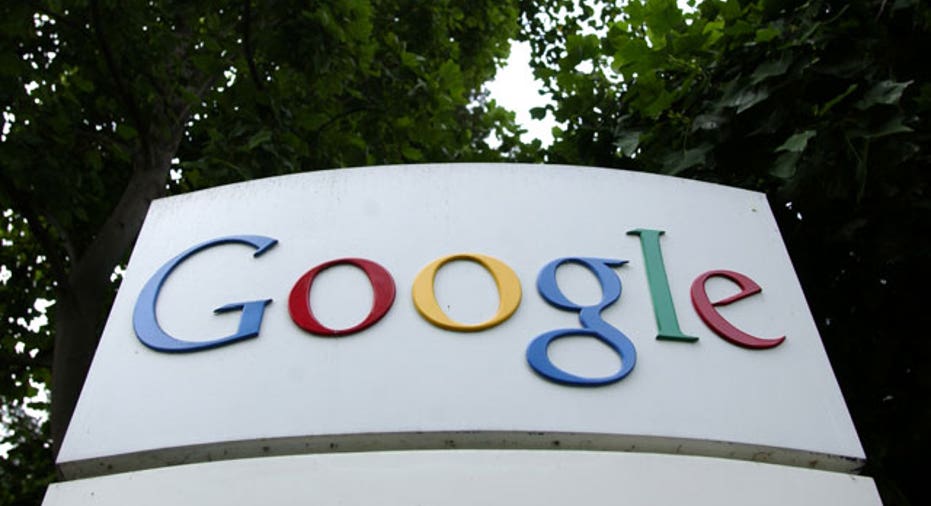Android Poised to Increase Market Share with 'Ice Cream Sandwich'

The release of Android 4.0, also known as Ice Cream Sandwich, paves the way for the mobile platform's further ascension in the tightening battle for mobile market supremacy, reports said.
While still deployed on few gadgets, most notable of which the recently issued Samsung Galaxy Nexus, tech blog site Appolicious has reported that more and more Android fans are gearing for the upcoming updates to the latest mobile OS, which vendors said will be unleashed early 2012.
Samsung, LG, Motorola and HTC have indicated plans to deliver the ICS patch by the first quarter of 2012, with both Samsung and LG ensuring their customers last week that Galaxy and Optimus product line ups will receive the updates in batches.
Most of the smartphones and tablet computers issued this year or powered by the third version of Android qualify for the upgrades, the two South Korean firms.
The anticipation generated by the ICS entry into the Android world, has created enough excitement on existing Android handset owners, media reports said, but such sentiments, according to Appolicious, have been exceeded by those eager to snatch up their first Android devices.
And owning these gadgets with the fluid features and functionalities offered by ICS, all the more get prospective buyers fully convinced to go Android despite issues tech experts said come as disappointment to users' experience.
According to Appolicious, one lingering hindrance that prevents some from choosing Android is its fragmented update process, owing to its open source nature that allows device vendors to reconfigure the OS vendors to their liking.
As a result, updates are staggered and determined both by device makers and telcos.
Yet patient users can always dismiss that as necessary nuisance, which appears to be the emerging scenario as Google recently reported that hundreds of millions of Android gadgets have been activated so far, revealing jaw-dropping numbers not too far from the total units of iPads and iPhones that Apple has sold.
That bulging market share has already created, Appolicious noted, sub-markets that cater to the needs of growing Android users, from helpful tips in maximising the use of the gadgets to fee and paid apps that enhance user experience embodied within the mobile platform.



















